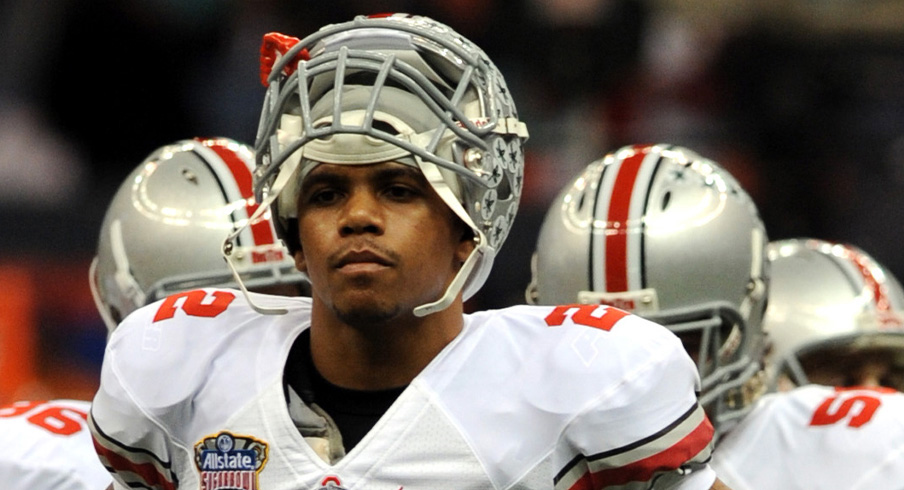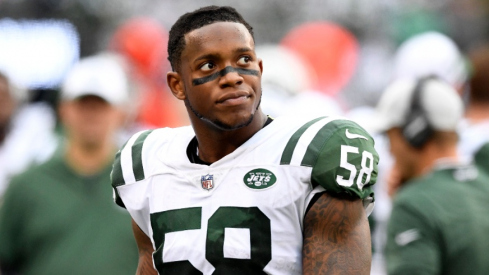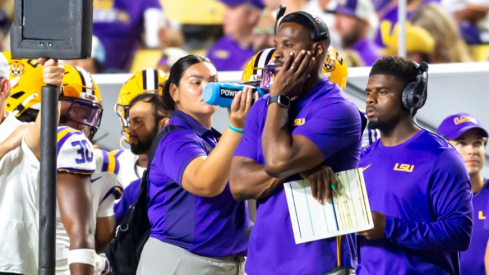An Ohio judge has dismissed Terrelle Pryor’s lawsuit against Ohio State, the Big Ten and the NCAA over denied compensation for name, image and likeness during his college career.
According to documents obtained by The Athletic’s Ralph D. Russo, Ohio Southern District Chief Judge Sarah D. Morrison granted the plaintiffs’ motion to dismiss on Friday, ruling that Ohio State is covered by sovereign immunity and that Pryor’s claims fell outside the four-year statute of limitations for antitrust law.
“Mr. Pryor failed to assert his claims for injunctive relief within the four-year statutory period. And he makes no argument to rebut the presumption that allowing his claims to proceed would be unreasonable and prejudicial to Defendants,” Morrison wrote in her ruling.
Pryor sued Ohio State in October, soon after USC running back and Heisman Trophy winner Reggie Bush filed a similar suit against his alma mater and the NCAA.
A five-star prospect from Jeannette, Pennsylvania, Pryor is one of the highest-rated recruits to ever sign with Ohio State. His career was full of standout performances, as he accounted for 8,341 total yards and 74 total touchdowns across three seasons as the Buckeyes’ starting quarterback from 2008-10.
Pryor’s Ohio State career ended amid an NCAA investigation into rules violations involving the “Tattoo Five,” which included Pryor, running back Daniel “Boom” Herron, wide receiver DeVier Posey, offensive tackle Mike Adams and defensive lineman Solomon Thomas. Rather than serve a potential five-game suspension for exchanging autographs, equipment and memorabilia for tattoos and cash, Pryor entered the 2011 NFL supplemental draft, where he landed with the Oakland Raiders. Pryor served a five-game suspension to start his NFL career.
Since the NCAA approved NIL policies on July 1, 2021, high-profile athletes at Ohio State and elsewhere have received hundreds of thousands of dollars – and, in some cases, millions – in name, image and likeness compensation.
The House settlement will pay $2.8 billion in damages to former and current college athletes who did not receive NIL compensation, dating back to 2016. Pryor does not qualify for the payouts.


